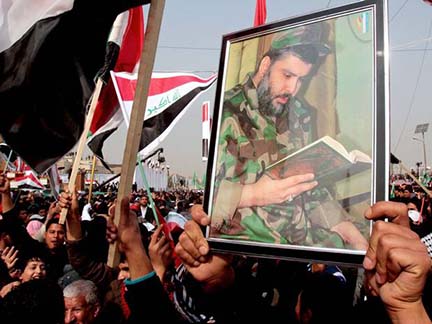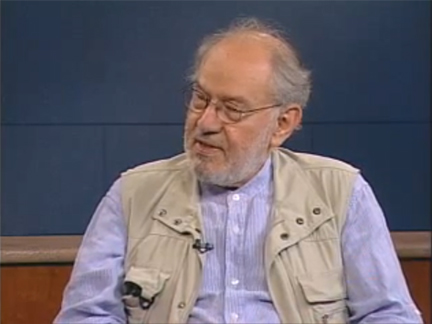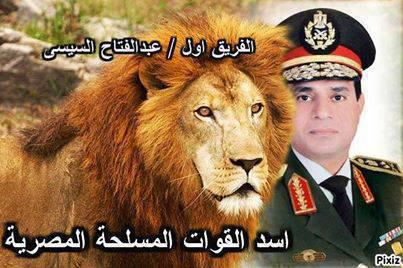
Supporters of Muqtada al-Sadr celebrate the departure of US troops from Sadr City last year
‘The near future of Iraq is dark’: Warning from Muqtada al-Sadr – the Shia cleric whose word is law to millions of his countrymen
by Patrick Cockburn, The Independent, November 29, 2013
The future of Iraq as a united and independent country is endangered by sectarian Shia-Sunni hostility says Muqtada al-Sadr, the Shia religious leader whose Mehdi Army militia fought the US and British armies and who remains a powerful figure in Iraqi politics. He warns of the danger that “the Iraqi people will disintegrate, its government will disintegrate, and it will be easy for external powers to control the countryâ€.
In an interview with The Independent in the holy city of Najaf, 100 miles south-west of Baghdad – the first interview Mr Sadr has given face-to-face with a Western journalist for almost 10 years – he expressed pessimism about the immediate prospects for Iraq, saying: “The near future is dark.â€
Mr Sadr said he is most worried about sectarianism affecting Iraqis at street level, believing that “if it spreads among the people it will be difficult to fightâ€. He says he believes that standing against sectarianism has made him lose support among his followers.
Mr Sadr’s moderate stance is key at a moment when sectarian strife has been increasing in Iraq – some 200 Shia were killed in the past week alone. For 40 years, Mr Sadr and religious leaders from his family have set the political trend within the Shia community in Iraq. Their long-term resistance to Saddam Hussein and, later, their opposition to the US-led occupation had a crucial impact.
Mr Sadr has remained a leading influence in Iraq after an extraordinary career in which he has often come close to being killed. Several times, it appeared that the political movement he leads, the Sadrist Movement, would be crushed.
He was 25 in 1999 when his father, Mohammed Sadiq al-Sadr, a revered Shia leader, and Mr Sadr’s two brothers were assassinated by Saddam Hussein’s gunmen in Najaf. He just survived sharing a similar fate, remaining under house arrest in Najaf until 2003 when Saddam was overthrown by the US invasion. He and his followers became the most powerful force in many Shia parts of Iraq as enemies of the old regime, but also opposing the occupation. In 2004, his Mehdi Army fought two savage battles against American troops in Najaf, and in Basra it engaged in a prolonged guerrilla war against the British Army which saw the Mehdi Army take control of the city. Continue reading The near future of Iraq is dark →




